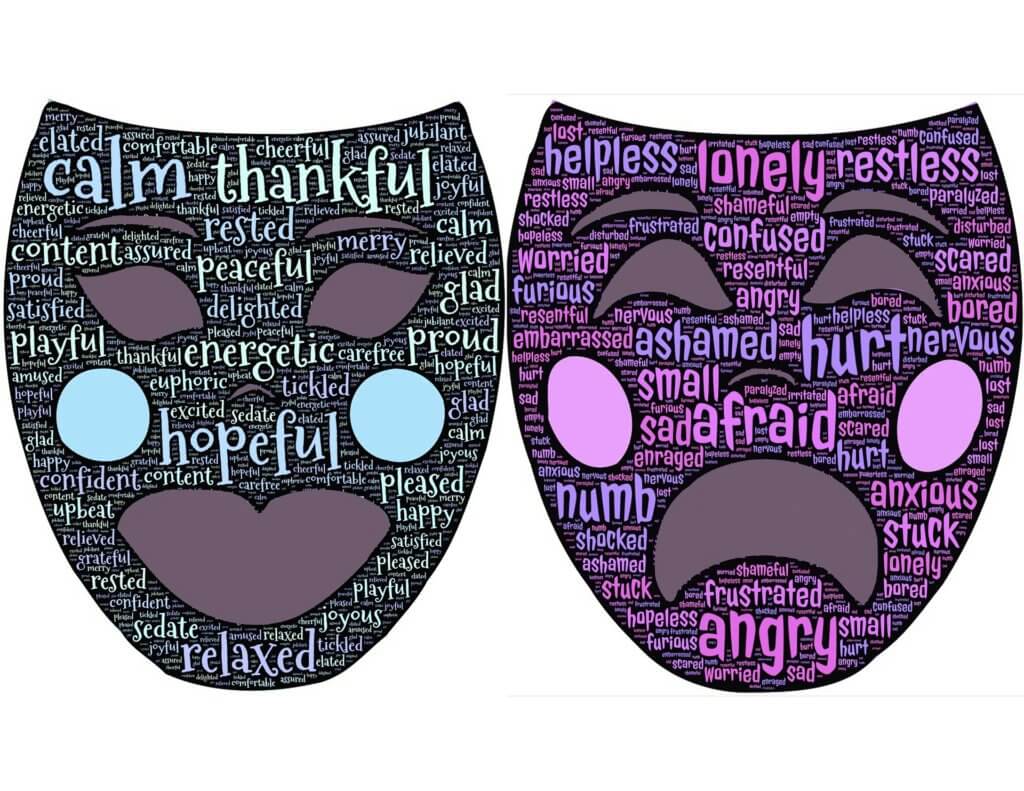

Awkward role-playing and lacking in confidence, or desire, are just some of the obstacles teachers face when integrating drama. It can be even more challenging when you need to support students with EAL, too. However, the National Curriculum guidance for both primary and secondary schools outlines an array of the subject’s benefits:
“Students should be enabled to participate in and gain knowledge, skills, and understanding associated with the artistic practice of drama. Students should be able to acquire, create and sustain a range of roles, responding appropriately to others in role. They should have opportunities to improvise, devise and script drama for one another and a range of audiences, as well as to rehearse, refine, share and respond thoughtfully to drama and theatre performances.”
That’s just an example snippet from the English curriculum guidance – but should we let drama loose in other areas? Does it benefit everyone, including students with EAL needs? The simple answer is, ‘Yes’, and here are just some of the reasons why:
It helps develop social skills
When in character, students are forced to try to take on an alternative viewpoint and to see the world from another perspective. This can help them to develop empathy and understanding for others. Drama is often a collaborative activity, and in terms of language development, this is essential for students with EAL. Working as a group provides students with endless opportunities to develop social skills like negotiation and leadership (not to mention friendship!).

It activates imagination
Drama pushes students out of their comfort zone and gives them the opportunity to use their imagination to become someone else, to invent dialogue, and to create a new world. With limited props, students’ imaginations can turn any classroom object into something magical. As they watch plays, they are transported away from their own lives and can focus on something other than their own problems, which is a welcome escape for many. Encouraging children’s creativity can help them to develop the critical thinking skills they need in adult life to generate ideas and solutions in the workplace and to find alternative ways of thinking that are essential for a growth mindset.
It integrates language skills
Drama integrates language skills in a cohesive and natural way. They choose where to place stress in sentences and how to pause for maximum impact. Their listening skills are strengthened as they are required to listen to their classmates’ ideas or performances, or to the teacher’s instruction of when to ‘FREEZE!’, and they practice reading and writing incidentally as they prepare and act out scripts. Acting can support EAL students as it helps to develop speaking skills and grasp an understanding of how intonation, volume, tone, and pitch effects meaning.
It incorporates non-verbal communication
In drama, students have to learn to use and interpret non-verbal communication effectively and respond appropriately. This is a skill that is not usually taught explicitly, and which is vital for success in social interactions and future employment. Drama activities provide a safe space for students to rehearse their reactions and experiment with how they communicate, rather than making mistakes on the playground without guidance or support.

It enables students to become someone else
Speaking in front of others can be daunting and even more challenging if English isn’t your first language. Having the opportunity to put on the mask of a character and express yourself through acting can take the pressure off. If you’re acting, you’re ‘not really you’ so it doesn’t matter as much if your grammar isn’t quite perfect!
It presents language in a relevant and memorable context
Words were not designed to remain on a page. Words are meant to be communicated; Shakespeare wrote plays to be acted out on a stage, not to fill up an exam syllabus! Drama helps words come to life, reinforces their meanings and demonstrates how they can be used in different situations. The multi-sensory experience that is created by participating in drama activities helps to embed learning into life.
It can cross over to any subject
There is always a way to use drama to support language and communication development, no matter the subject. We challenge you to find ways to use drama in a novel way in your lessons and to help bring your subject to life. History lends itself easily to roleplays; what would Henry VIII say to his six wives? Can you think of any processes or theories in Science that could be used in a miming activity?
We’ve put together a resource of three low-prep drama activities that can be adapted easily to any classroom, available to download for free here. Let us know how you get on and share your ideas on the EAL Success Facebook page!



